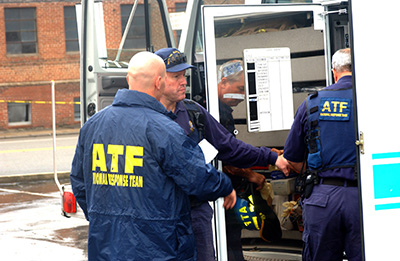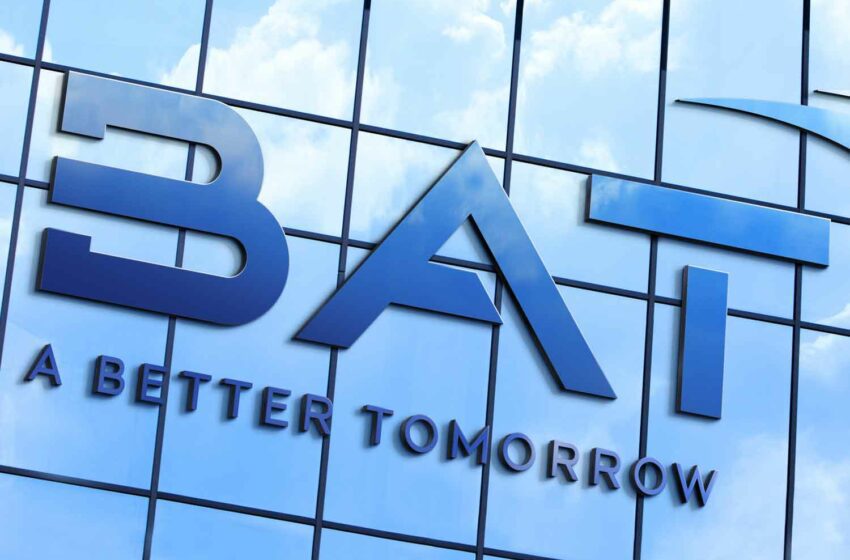US tobacco manufacturers are due to receive huge credits in respect of their 10-year dispute over Master Settlement Agreement payments.
Philip Morris USA said yesterday that the arbitration panel in the pending Non-Participating Manufacturer (NPM) adjustment proceeding had issued a Stipulated Partial Settlement and Award that would allow the settlement agreement reached in December to proceed.
‘PM USA and other cigarette manufacturers reached the agreement with 17 states, the District of Columbia and Puerto Rico to resolve long-standing disputes related to the NPM adjustment provisions of the Master Settlement Agreement (MSA) for the years 2003 to 2012,’ the company said in a note posted on its website.
‘PM USA believes this agreement resolves the disputes with the signatory states on financial terms that are fair to the parties and in a way that will lead to a better method of resolving these issues in the future. Now that the panel has upheld this agreement, PM USA hopes that more states will join in the settlement.
‘The agreement includes a release to the signatory states of their portion of more than $4 billion from disputed payment accounts. In return, the manufacturers will receive credits against the signatory states’ portion of future MSA payments in settlement of their 2003-2012 NPM adjustment claims against those states. For the signatory states, the settlement is net cash positive and also removes the risk of substantial reductions of MSA revenues for the years in dispute, 2003-2012.
‘For those states that do not join, PM USA intends to continue to pursue the disputed NPM adjustments for 2003 and beyond. As part of the award, the arbitration panel also ruled that the 2003 NPM adjustment claim against the non-signatory states would be reduced pro rata in light of the settlement with the signatory states. A number of the non-signatory states raised objections concerning the settlement agreement with the arbitration panel, and some of these states have indicated that they may seek relief in state court to prevent the settlement from proceeding or for other measures with respect to the settlement. PM USA intends to contest any such efforts in state court.
‘PM USA’s credit is estimated to total approximately $450 million based on the current signatory states. This estimate is subject to change depending on a variety of factors related to the calculation of the credit. If the agreement proceeds, PM USA expects to record a corresponding increase in its reported pre-tax earnings.
‘The jurisdictions that have agreed to join the settlement to date are Alabama, Arizona, Arkansas, California, District of Columbia, Georgia, Kansas, Louisiana, Michigan, Nebraska, Nevada, New Hampshire, New Jersey, North Carolina, Puerto Rico, Tennessee, Virginia, West Virginia, and Wyoming.’
Meanwhile, R.J. Reynolds Tobacco Co said in a note posted on its website that the Arbitration Panel hearing its claim related to its 2003 Master Settlement Agreement (MSA) payment had issued an order authorizing the implementation of the Term Sheet announced in December among the company, various other tobacco manufacturers, 17 states, the District of Columbia and Puerto Rico. As a result of the Panel’s order, the Term Sheet was now binding on all signatories.
‘Under the Term Sheet, based on the jurisdictions that have joined the agreement thus far, R.J. Reynolds will receive credits, currently estimated to be more than $1 billion, with respect to its Non-Participating Manufacturer (NPM) Adjustment claims related to 2003 through 2012,’ the company said. ‘These credits will be applied against the company’s MSA payments over the next five years.
‘The current arbitration, related to the 2003 NPM Adjustment, will proceed to its conclusion as to those contested states that have elected not to join the settlement agreement. Decisions as to these states are expected from the Arbitration Panel by the end of 2013.
‘Several states who are not signatories to the Term Sheet have stated that they may seek relief in state court to prevent the settlement from proceeding.’







